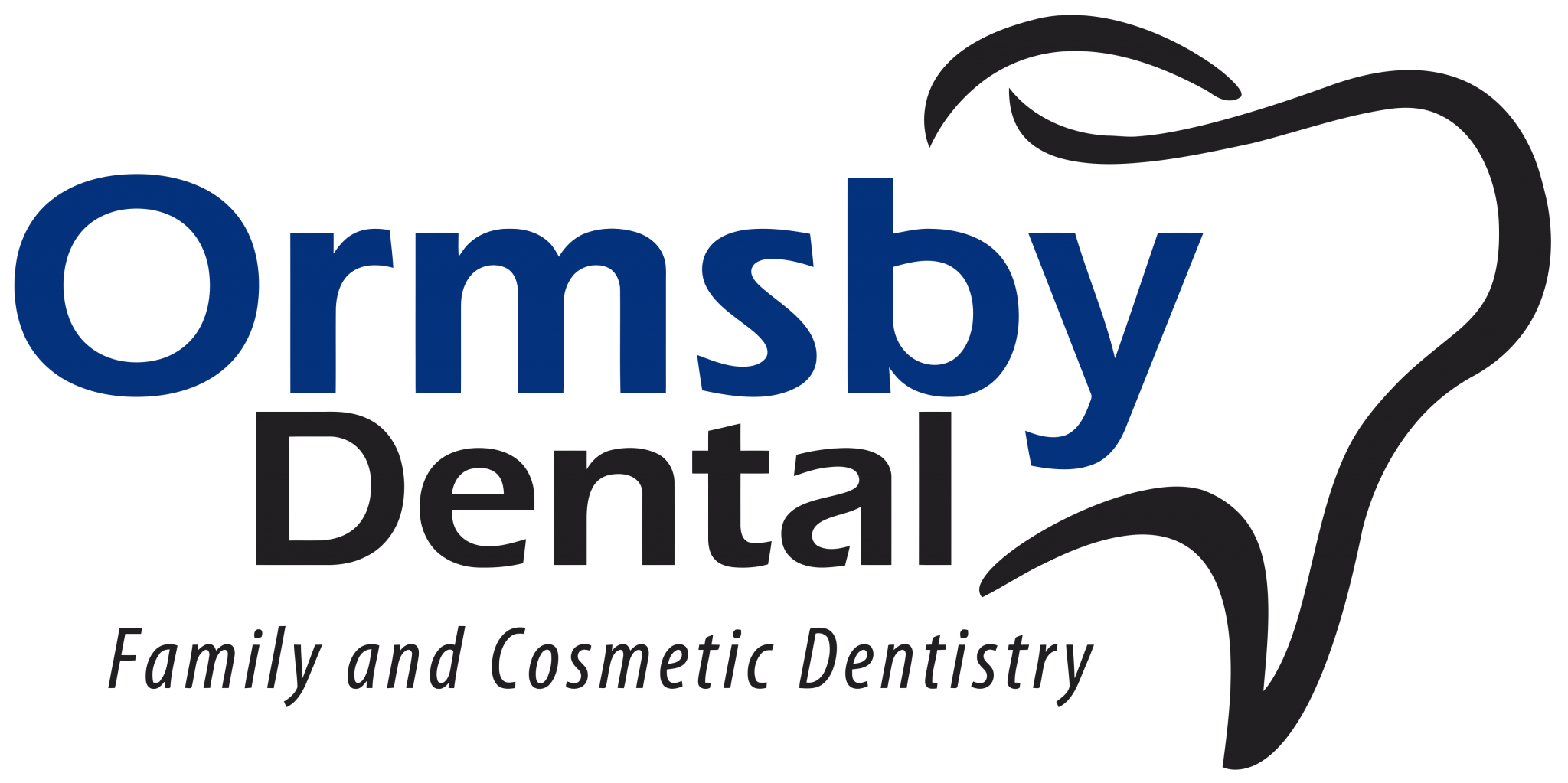This year, the Oral Cancer Foundation is encouraging dental professionals and patients to join together in celebrating the 23rd annual April Oral Cancer Awareness Month. Each April, most of the nation’s top dental associations join together with the Oral Cancer Foundation to raise awareness for oral and oropharyngeal cancers. Many dental professionals around the country open their offices to do free screenings to the public during this month each year as well. Early detection of these cancers leads to lower mortality rates and fewer treatment-related health problems.
An estimated 54,000 people in the U.S. will be diagnosed with some type of oral cancer this year; of these, 43% won’t survive longer than five years. Many individuals who do survive suffer long-term problems, such as severe disfigurement or difficulties eating and speaking. The death rate associated with oral and oropharyngeal cancers remains particularly high. This is because the cancers are often discovered in their later stages of development, when they are more difficult to treat.
By scheduling regular oral cancer exams, you can catch oral cancer in its early stages. An oral cancer examination by your dentist can detect cancerous lesions in the mouth before they become a threat. This remains the best method for detecting oral cancer in its early stages.
Check Your Mouth: Know What Symptoms To Look For
For the fourth year in a row, the efforts of the Foundation will be bolstered by the Oral Cancer Foundation’s Check Your Mouth™ initiative. Check Your Mouth reminds the public that they can, in fact, check their own mouth for any signs of oral cancer on a regular basis between dental visits. Also, to see a dental professional if such signs do not disappear or improve after about two or three weeks.


Signs and Symptoms of oral cancer
Signs and symptoms of oral cancer. Which is typically caused by tobacco use, excessive alcohol use and/or the HPV virus (among other things), may include:
- A painless, firm lump on the outside of the neck that has been present for 2 weeks or longer.
- If a sore or ulcer persists for more than two weeks.
- Either red, white, or black discoloration of the soft tissues of the mouth.
- Any abnormality that bleeds easily when touched.
- A hard spot or lump on the tissue, usually on the edge of your tongue.
- A lump or thickening that starts developing in the mouth.
- Raised tissue or tissue that grows higher than surrounding tissue.
- A blister, sore or ulcer under a denture that does not heal after adjustment of the denture.
- Each of the above symptoms can persist over a long period of time and never fully resolve.
Signs and Symptoms of HPV-Caused Oropharyngeal Cancer May Include:
- A single swollen tonsil which is usually painless.
- Having a hard time swallowing or feeling like food is getting caught in your throat may indicate something wrong.
- A painless, firm lump on the outside of the neck that has been present for 2 weeks or longer.
- A cough that persists for many days and does not resolve.
- Sore throat or hoarseness that does not go away within a few weeks.
- If you have an earache on one side of your head and it persists.
- Each of the above symptoms can persist over a long period of time and never fully resolve.
Call Your Dentist Right Away If You Feel There Is A Problem
A number of factors may contribute to the development of oral and oropharyngeal cancers, according to research.
The risk factors for oral cancer historically include heavy drinking or smoking and being older than age 50. Today, though, cancer also is occurring more frequently in nonsmoking people. This is due to HPV16. A virus most commonly associated with cervical cancer. About 10 percent of oral cancers occur in individuals with no known risk factors. They share no discernable commonalities and may be due to an unidentified genetic frailty yet to be discovered.
Researchers know that the human papillomavirus 16 (HPV16) is related to an increasing incidence of oropharyngeal cancer (most commonly involving lymphoid tissue occurring in the tonsils or the base of the tongue). Most people who contract oral HPV don’t have to worry about. Nine out of 10 clear the virus within a year. In approximately one percent of individuals, the virus doesn’t go awa and can lay dormant for decades before potentially causing cancer.
Time For An Oral Cancer Examination?
Early detection is the key to surviving oral cancer. If you haven’t had an oral cancer examination in the past, plan to schedule one during April, when Oral Cancer Awareness Month is observed. When you call to set up this examination, be sure to request that it become a routine part of all your dental check-ups. To find out more and make an oral cancer examination, contact Dentist in Murray Utah Dr. Daniel W. Ormsby, DDS at(801) 407-9956, today!


 5 Tips for Better Daily Dental Hygiene
5 Tips for Better Daily Dental Hygiene